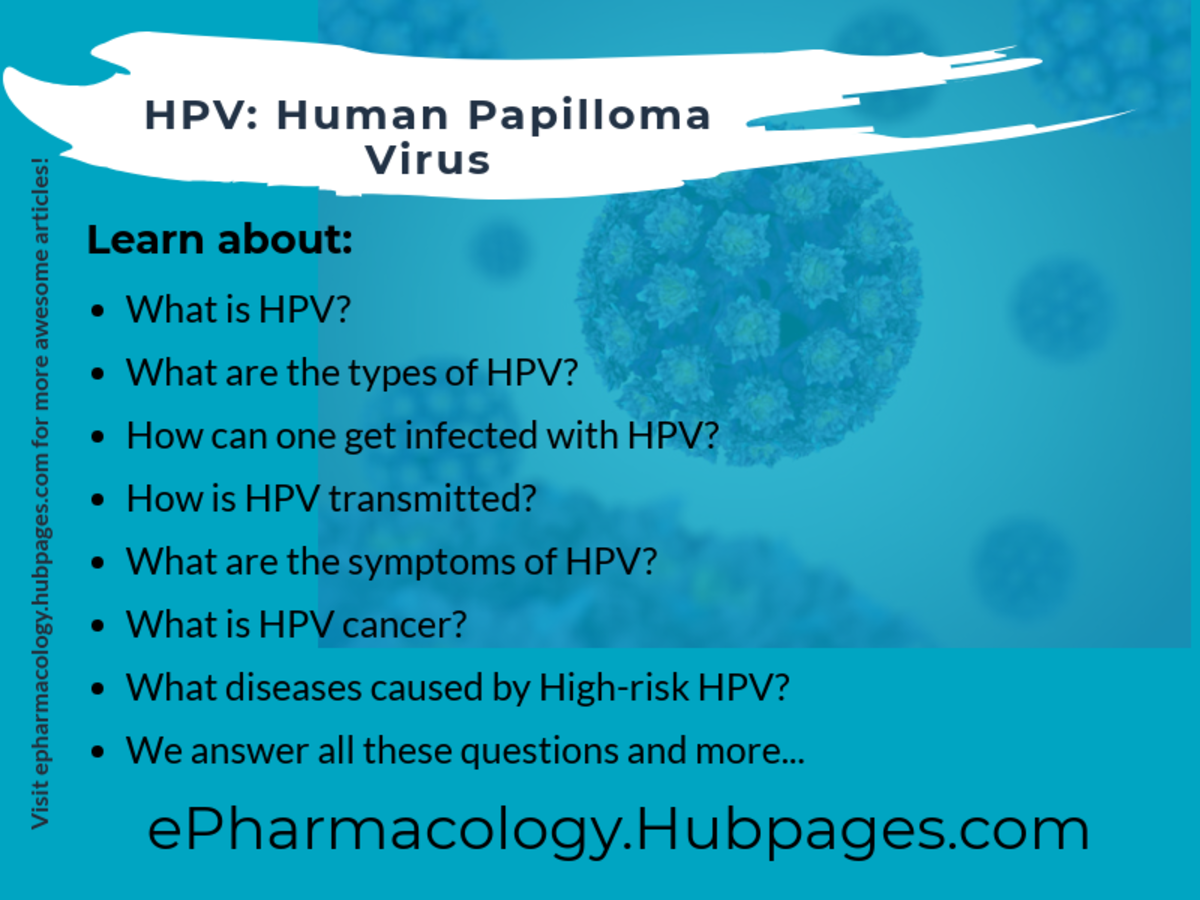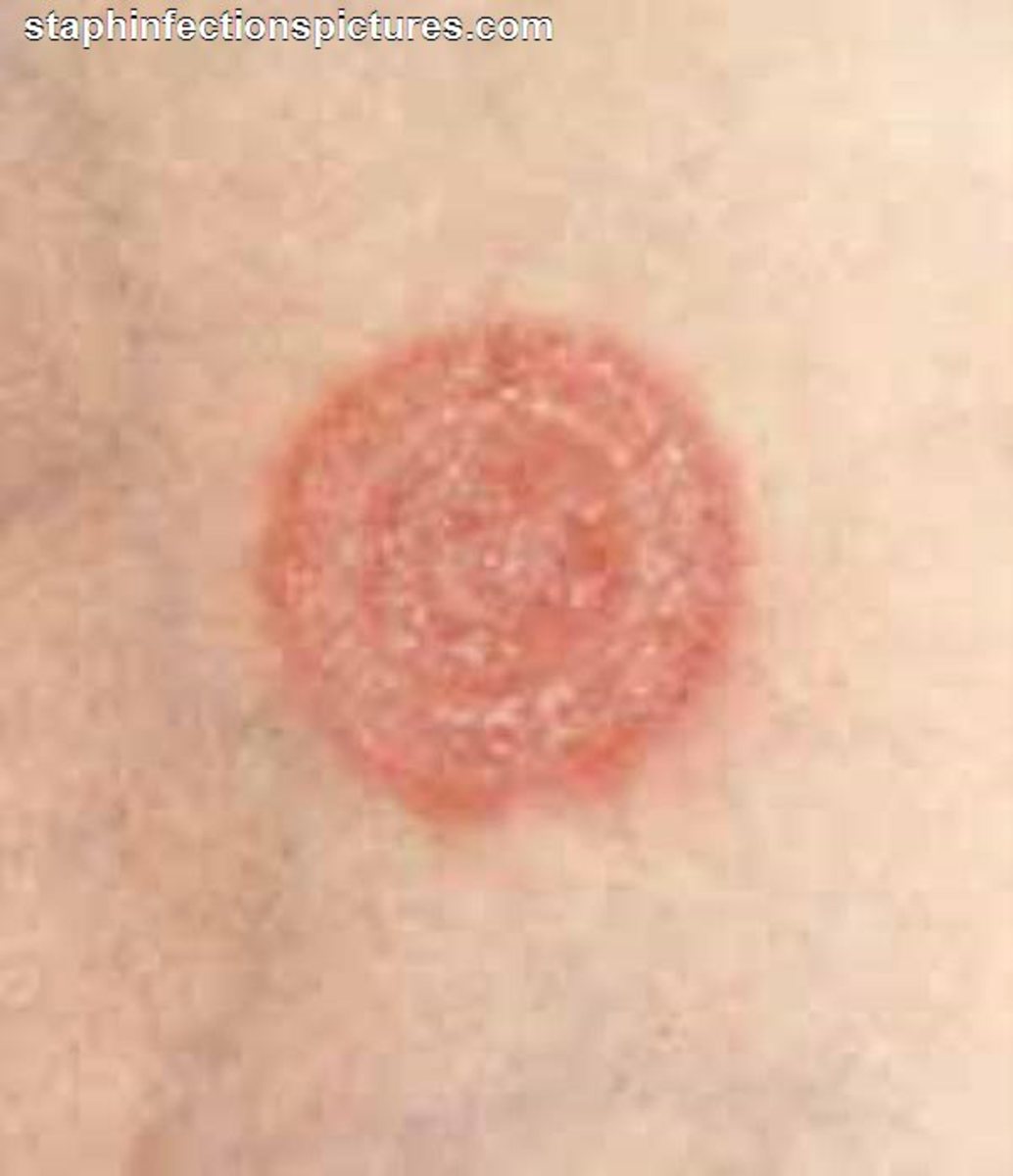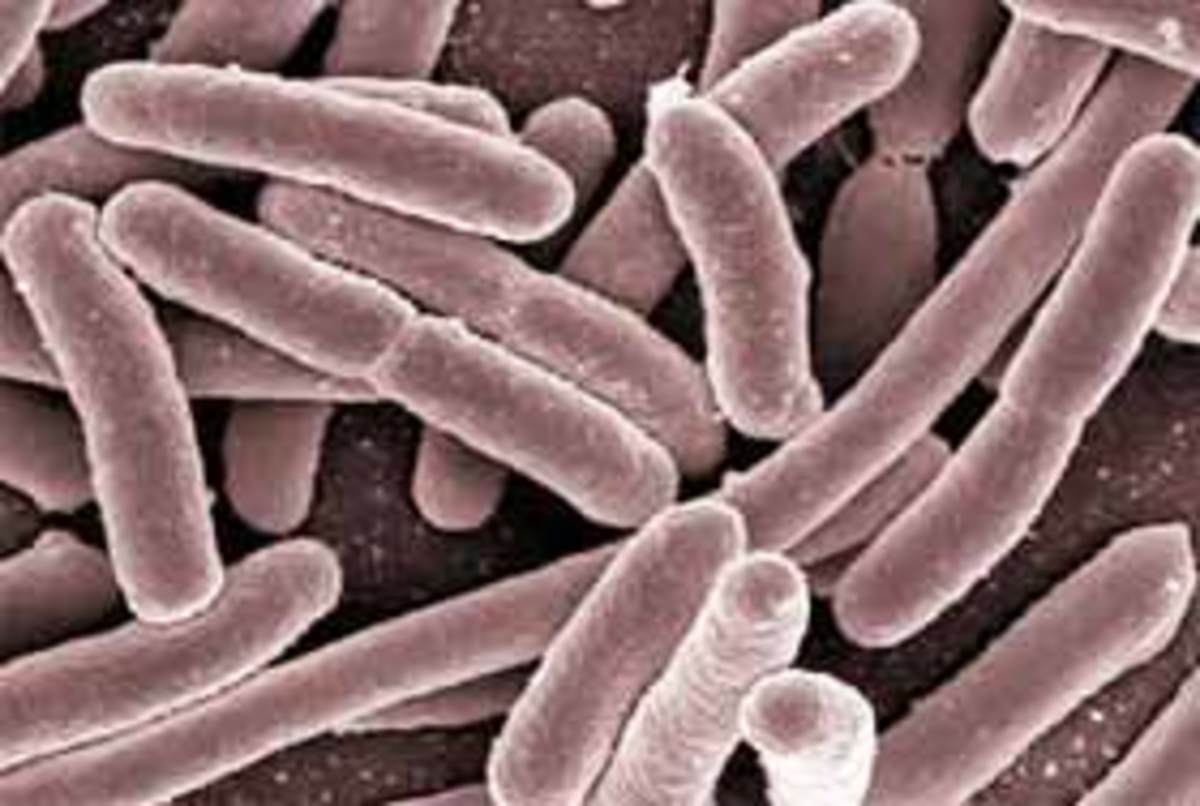Things You Should Know About the Ebola Virus
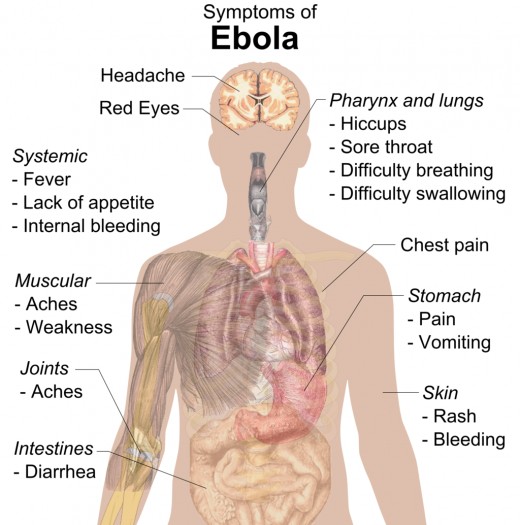
"Ebola virus disease (EVD), Ebola hemorrhagic fever (EHF) or simply Ebola is a disease of humans and other mammals caused by an ebolavirus. Symptoms start two days to three weeks after contracting the virus, with a fever,sore throat, muscle pain and headaches. Typically, vomiting, diarrhea and rash follow, along with decreased function of the liver and kidneys. Around this time, affected people may begin to bleed both within the body and externally.[1]Death, if it occurs, is typically 6 to 16 days from the start of symptoms and often due to low blood pressure from fluid loss.[2]
The virus may be acquired upon contact with blood or other body fluids of an infected human or other animal" Wikipedia
The Ebola virus has definitely caught the attention of most of the world and in recent weeks the attention of the American public after several cases have been reported in different states like New York and Florida as well as Texas.
There is reason to be concerned, after all the Ebola virus can prove to be fatal and there is no apparent cure just treatment with a series of antibiotics and other treatment options which may or may not cure an infected person.
Like many other viruses Ebola can be transmitted from one infected person to an otherwise healthy adult via an interchange of bodily fluids.
What are these fluids? Things like saliva like when two people kiss, blood like if you get blood from an infected person on your hands and then touch your mouth, nose or eyes, and through the bodily fluids commonly associated with intimacy.
But it is not transmitted by a handshake, breathing the air (so far as we know), or touching (unless this touching is intimate). In a sense the Ebola virus is different from many other viruses which can become airborne, and in the case of Ebola does not seem to be the case.
But with that said, if you are near a person which is infected with the disease and that person sneezes, there is an apparent risk of contracting the disease by inhaling the suspended infectious aerosol droplets that can circulate for a short time in the air in or near the vicinity of the sneeze.
The following news from the World Health Organization (W.H.O) also adds some new information to be concerned about;
"(NaturalNews) The World Health Organization has issued a bulletin which confirms what Natural News has been asserting for weeks: that Ebola can spread via indirect contact with contaminated surfaces and aerosolized droplets produced from coughing or sneezing "...wet and bigger droplets from a heavily infected individual, who has respiratory symptoms caused by other conditions or who vomits violently, could transmit the virus -- over a short distance -- to another nearby person," says a W.H.O. bulletin released this week. [1] "This could happen when virus-laden heavy droplets are directly propelled, by coughing or sneezing..." http://www.naturalnews.com/
Health professionals try to manage the symptoms with the main treatment options for those suffering from the effects of the Ebola virus being;
- Giving plenty of fluids in the form of electrolytes
- Administering oxygen
- Administering blood pressure medicine
- Blood transfusions
- Administering a series of antibiotic cocktails
Do you need to start panicking? Not really. The Ebola virus has been around for quite some time and because of a recent outbreak in parts of Africa, mainly West Africa and because some international nurses and doctors have been treating these people and brought it back across the Ocean, it has now caught the attention of the media which seems to be increasing the dramatics surrounding it.
Plus if you are a healthy adult and your immune system is working properly keep in mind that in the treatment for the virus at this time the patient's immune system does play a key role. Those with a strong immune system often face better odds of making a recovery than those with a compromised immune system.
With certain precautions, mainly isolating and treating infected patients the Ebola virus like many others , can be contained. There is no need to completely ostracize others simply because they come or have been to certain parts of the world where the virus is present.
Any virus can be found anywhere and unfortunately many parts of Africa and other less developed countries do not count with the means to treat or contain the virus sufficiently enough to keep it from spreading.
"But how likely is it that a traveler would contract Ebola on a plane or cruise ship? Not very likely, says infectious disease expert William Schaffner. Speaking to BBC, Schaffner said the possibility of contracting Ebola on an airplane is “essentially zero.” Ebola isn’t a respiratory disease—which would be a serious problem on flights, given the circulated air—and can be transmitted only through direct contact." http://www.msn.com/en-us/news/us/planes-automobiles-and-cruise-ships-vehicles-for-ebola-panic/ar-BB9EUPG
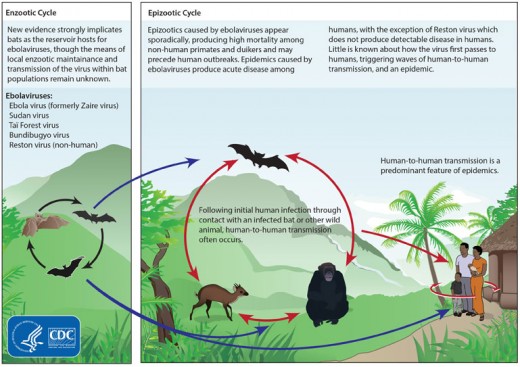
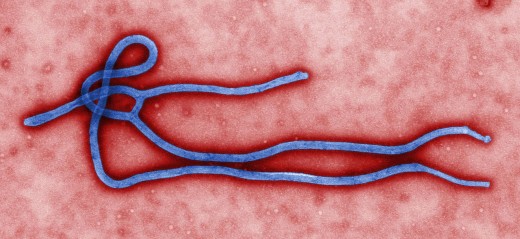
Signs or symptoms of Ebola virus usually begin quite suddenly and appear very close to those of the influenza virus. Infected people may begin to feel tired, have a high fever, and headaches. These can be followed by other symptoms like vomiting, diarrhea and aching in the joints and internal bleeding.
Other symptoms but less common ones can be sore throat, chest pain, dizziness, hiccups and difficultly swallowing.
The time between contracting the infection and the start of symptoms can occur about 10 days after becoming exposed so quick treatment if you feel that you might have been exposed or feel any of these symptoms is crucial.
There are other symptoms which can become apparent but this varies from one individual to another and can include a rash.
Keep in mind that the initial symptoms may be the same for most people but as the virus progresses others may show some symptoms and not others.
How concerned are you about the Ebola virus?
Another way of contracting this disease is if you consume any meat from an animal that has the virus.
This is not common or likely to occur in countries where "bush" meat is not considered as a staple diet unlike many parts of Africa where "bush" meat is regularly consumed.
These animals seem to get the virus from carrier bats after they have either bitten or been in close contact with the animals.
Can you get the virus from a mosquito bite? Common sense argues that you could since a mosquito that carries the blood of an infected person carries the virus and gives it to someone else when they bite.
Scientists and most health professionals do not yet know why but as of today's date there is no evidence that any mosquito or any other insect bite will be sufficient to transmit the virus. Not the same when it comes to other viruses like the West Nile virus and Malaria which are easily transmitted by a mosquito bite.
However it is worth it to be protected and avoid being bitten by any insect for a multitude of reasons and not only to avoid any of these viruses. That's just common sense.
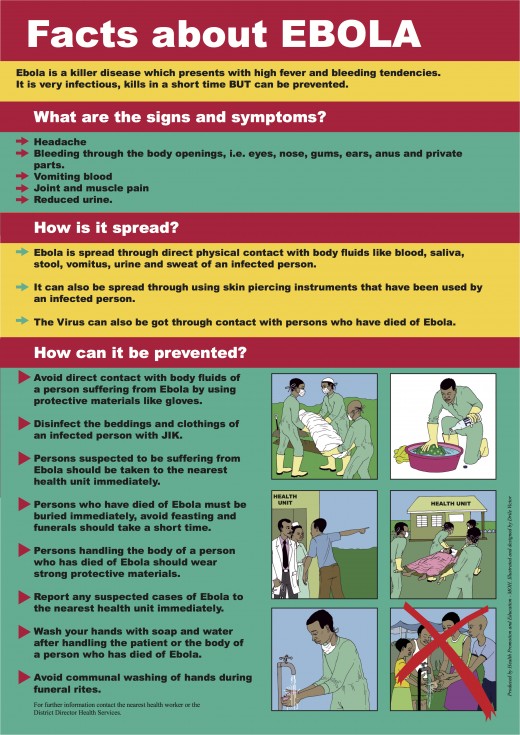
Staying informed, being aware of your surroundings, maintaining good hygienic behaviors, avoiding hot spots, not panicking, monitoring your health as well as that of those closest to you, seeking the advice of a health professional if in doubt seem to be the best practices in order to avoid contracting this or basically any illness.
No one knows for sure when the Ebola virus will make its presence known in your area but scientists are working hard to prevent the spread of the disease and following their advice is crucial as well as monitoring the advice and following the directions of government agencies like the CDC which is the main entity tasked with control of the virus are the most important preventive measures that anyone can take.
One thing is certain, this virus has been around for a while and will still be here for many years to come and if it behaves like most other viruses, it will eventually run its course.
This is nothing new for humanity and it is something that we as residents of the planet have had to dealt with since the dawn of time.
"Ebola, like many other diseases, is spread by direct contact with bodily fluids, such as urine, vomit, sweat, saliva, feces, blood, etc.
It is classified as a viral hemorrhagic fever, which means that virtually uncontrolled bleeding occurs. That bleeding is called DIC, or Disseminated Intravascular Coagulation. Dengue, Ebola, Lassa, Marburg, and Yellow fever are all Viral Hemorrhagic Fevers.
This disease, like many others, is also categorized as a zoonotic, which means that, to the best of our present knowledge, the disease is thought to have originated in animals, and then spread to humans. Exactly how it was spread is a matter of great discussion, but the present working theories are that it very well may have been through eating the flesh of an infected animal.
As a disease, ebola is poorly understood by comparison to other diseases, though efforts to understand it have been ongoing since it was first discovered."
SouthernBreeze on Flickr
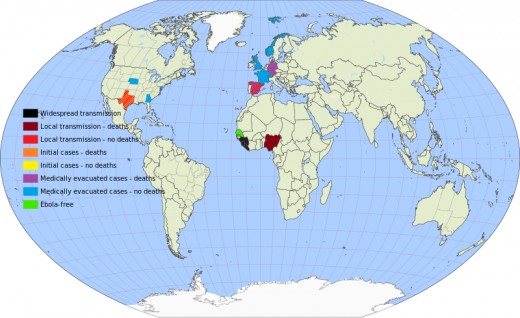
- WHO | Ebola virus disease
WHO fact sheet on Ebola haemorrhagic fever: includes key facts, definition, transmission, symptoms, diagnosis, treatment, prevention, WHO response.
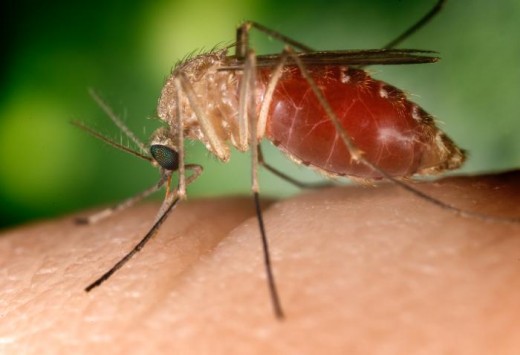
- About Ebola Hemorrhagic Fever| Ebola Hemorrhagic Fever | CDC
Ebola, previously known as Ebola hemorrhagic fever, is a rare and deadly disease caused by infection with one of the Ebola virus strains. Ebola can cause disease in humans and nonhuman primates (monkeys, gorillas, and chimpanzees).
© 2014 Luis E Gonzalez





